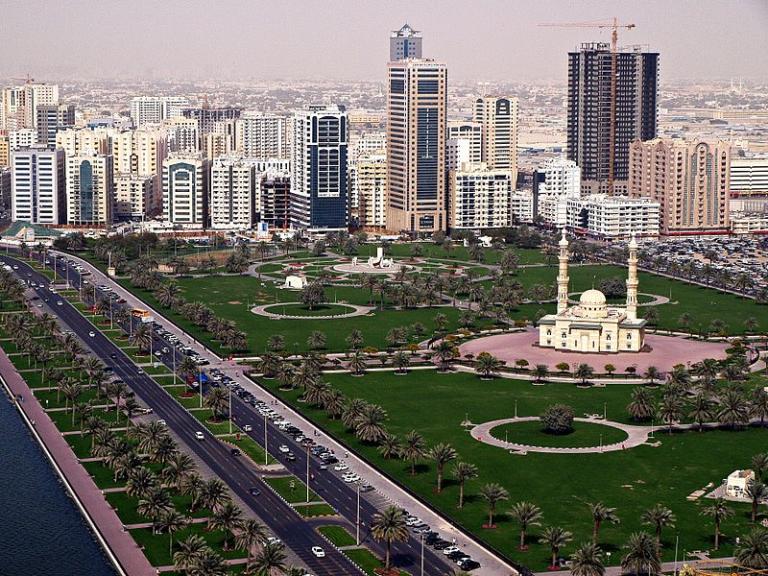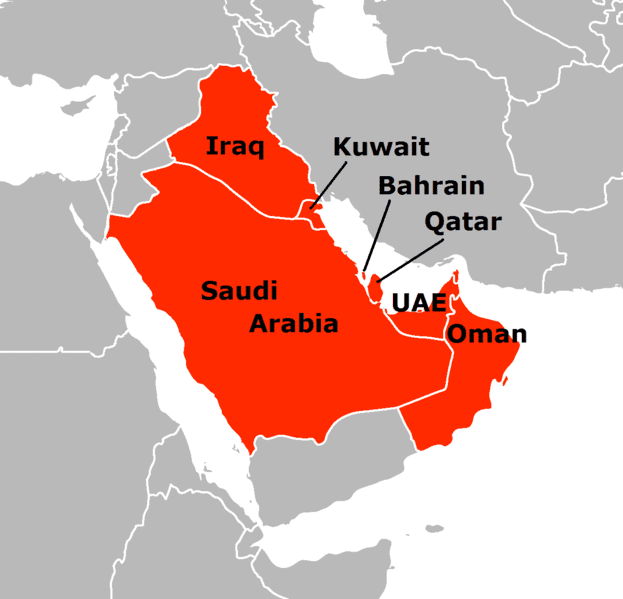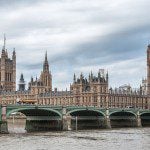
James Zogby is a very prominent figure in the Democratic Party, an Arab-American (born to Lebanese Catholic immigrants), and the brother of the prominent pollster John Zogby. (I once hosted him — for three days, as I recall — during a visit to Brigham Young University, and thereby hangs an amusing and instructive tale.) His book Arab Voices: What They Are Saying to Us, and Why It Matters (New York: Palgrave Macmillan, 2010) is based on international surveys conducted with the aid of his brother’s company, and I’ll be sharing some notes from my reading of it:
Several years ago, on a flight to Jeddah [in Saudi Arabia] from Washington, I sat next to a young Saudi woman who had just graduated from Georgetown University. Her English was without accent, and her attire (fashionable jeans and a T-shirt) made her indistinguishable from many American twenty-year-olds. But as we were approaching the kingdom, she — like other Saudi women onboard — opened her carry-on and removed an abaya (traditional robe) before landing. I wasn’t surprised, but because we had been talking about her life in Washington, I asked if she minded covering — especially the niqab, or face veil. “No,” she said without hesitation, “in fact I miss it. In the States, I get tired of being leered at. Covered, I’m in control. I can walk where I please and engage only when it suits me, and I can be seen only by those whom I want to see me.” Most debates in the United States don’t even begin to make room for a woman who is educated, intelligent, and Westernized and yet happily dons a niqab. But that’s not because she doesn’t exist. (5-6)

Zogby cites a conversation with Shaykh Abdullah bin Zayed, who was serving at the time of the book’s publication as minister of foreign affairs for the United Arab Emirates (UAE):
Americans didn’t understand Arabs, and Arabs didn’t understand Americans. . . . Reflecting on failed attempts at public diplomacy on both sides, Sheikh Abdullah noted, “You know, in the end, we Arabs will never be able to help you Americans understand us unless we understand you first. Similarly, you Americans will never succeed in your efforts to communicate to us who you are unless you take time to know us first.” (7)
***
[Postscript: To those who eagerly scan these blog entries in hopes of finding evidence of plagiarism: The entries that I identify as “notes” are, as I say, notes. In the particular case above, they are notes from James Zogby, Arab Voices: What They Are Saying to Us, and Why It Matters (New York: Palgrave Macmillan, 2010). They are notes from that text. I do not count them as my original creation. I do not count them as a publication of mine. They are notes, of the kind that I would, in the old days, have written onto an index card or into a notebook for future use. I share them here because I think that some might find them of interest, and also because using them as blog entries gives me an incentive to extract them from my readings. (It’s plainly easier and faster to read and to mark passages than actually to copy the notes from those marked passages out, but making double use of them [here currently, and as resource material for a planned future book] makes the task more agreeable to me.) Sometimes, as here, they will be all or mostly actual quotations. At some other times, very much including this particular book, they will all or mostly be my closely paraphrased jottings, or something in between the two.]












